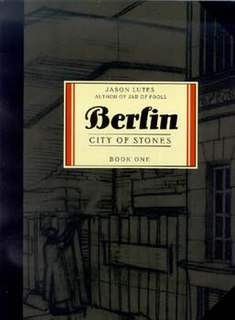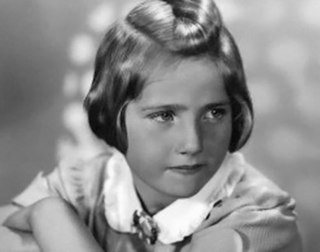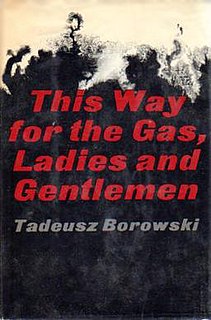 W
WBerlin is a comic book series by Jason Lutes, published by Black Eye Productions and then Drawn & Quarterly. Planned as a series of 24 magazines, since reduced to 22, then re-released in book form, it describes life in Berlin from 1928 to 1933, during the decline of the Weimar Republic.
 W
WBeginning with the correspondence between Walter Benjamin and Gershom Scholem interpretations, speculations, and reactions to Kafka's Judaism became so substantial during the 20th century as to virtually constitute an entire minor literature. Meditations about how and to what extent Kafka anticipated or represented the incoming Holocaust of the European Jewry comprise a major component of most scholarship along these lines.
 W
WHanička "Hana" Brady was a Czechoslovakian Jewish girl murdered in the gas chambers at German concentration camp at Auschwitz, located in the occupied territory of Poland, during the Holocaust. She is the subject of the 2002 non-fiction children's book Hana's Suitcase, written by Karen Levine.
 W
WHouse of Dolls is a 1953 novella by Ka-tzetnik 135633. The novella describes "Joy Divisions", which were groups of Jewish women in the concentration camps during World War II who were kept for the sexual pleasure of Nazi soldiers.
 W
WJacob the Liar is a novel written by the East German Jewish author Jurek Becker published in 1969. The German original title is Jakob der Lügner. Becker was awarded the Heinrich-Mann Prize (1971) and the Charles Veillon Prize (1971) after the publication of his bestseller.
 W
WJudenhass is a one-shot comic book by Canadian cartoonist Dave Sim.
 W
WMan's Search for Meaning is a 1946 book by Viktor Frankl chronicling his experiences as a prisoner in Nazi concentration camps during World War II, and describing his psychotherapeutic method, which involved identifying a purpose in life to feel positive about, and then immersively imagining that outcome. According to Frankl, the way a prisoner imagined the future affected his longevity. The book intends to answer the question "How was everyday life in a concentration camp reflected in the mind of the average prisoner?" Part One constitutes Frankl's analysis of his experiences in the concentration camps, while Part Two introduces his ideas of meaning and his theory called logotherapy.
 W
WNight is a 1960 book by Elie Wiesel about his experience with his father in the Nazi German concentration camps at Auschwitz and Buchenwald in 1944–1945, at the height of the Holocaust toward the end of the Second World War. In just over 100 pages of sparse and fragmented narrative, Wiesel writes about the death of God and his own increasing disgust with humanity, reflected in the inversion of the parent–child relationship as his father declines to a helpless state and Wiesel becomes his resentful teenage caregiver. "If only I could get rid of this dead weight ... Immediately I felt ashamed of myself, ashamed forever." In Night everything is inverted, every value destroyed. "Here there are no fathers, no brothers, no friends", a kapo tells him. "Everyone lives and dies for himself alone."
Pietà is a collection of essays by the Hungarian-Swedish biologist, George Klein, first published in Sweden in 1989. It includes nine essays by Klein, several touching broadly on the theme of whether life is worth living. The introduction opens with a quote from Albert Camus in The Myth of Sisyphus (1942): "There is but one truly philosophical problem, and that is suicide. Judging whether life is or is not worth living amounts to answering the fundamental question of philosophy."
 W
WReunion is a novella by Fred Uhlman, set in Germany, seven years before the start of World War II. The novella was first published in 1971 in an edition of 700, plus 50 hors commerce signed and numbered by the author.
 W
WStalag was a short-lived genre of Nazi exploitation Holocaust pornography in Israel that flourished in the 1950s and early 1960s, and stopped after the time of the Eichmann Trial, because of a ban by the Israeli government. These books did not include Jews to avoid taboos. They are no longer available for a reading today in terms of traditional publication, although the advent of the Internet has allowed for peer-to-peer file sharing.
 W
WThis Way for the Gas, Ladies and Gentlemen, also known as Ladies and Gentlemen, to the Gas Chamber, is a collection of short stories by Tadeusz Borowski, which were inspired by the author's concentration camp experience. The original title in the Polish language was Pożegnanie z Marią. Following two year imprisonment at Auschwitz, Borowski had been liberated from the Dachau concentration camp in the spring of 1945, and went on to write his collection in the following years in Stalinist Poland. The book, translated in 1959, was featured in the Penguin's series "Writers from the Other Europe" from the 1970s.